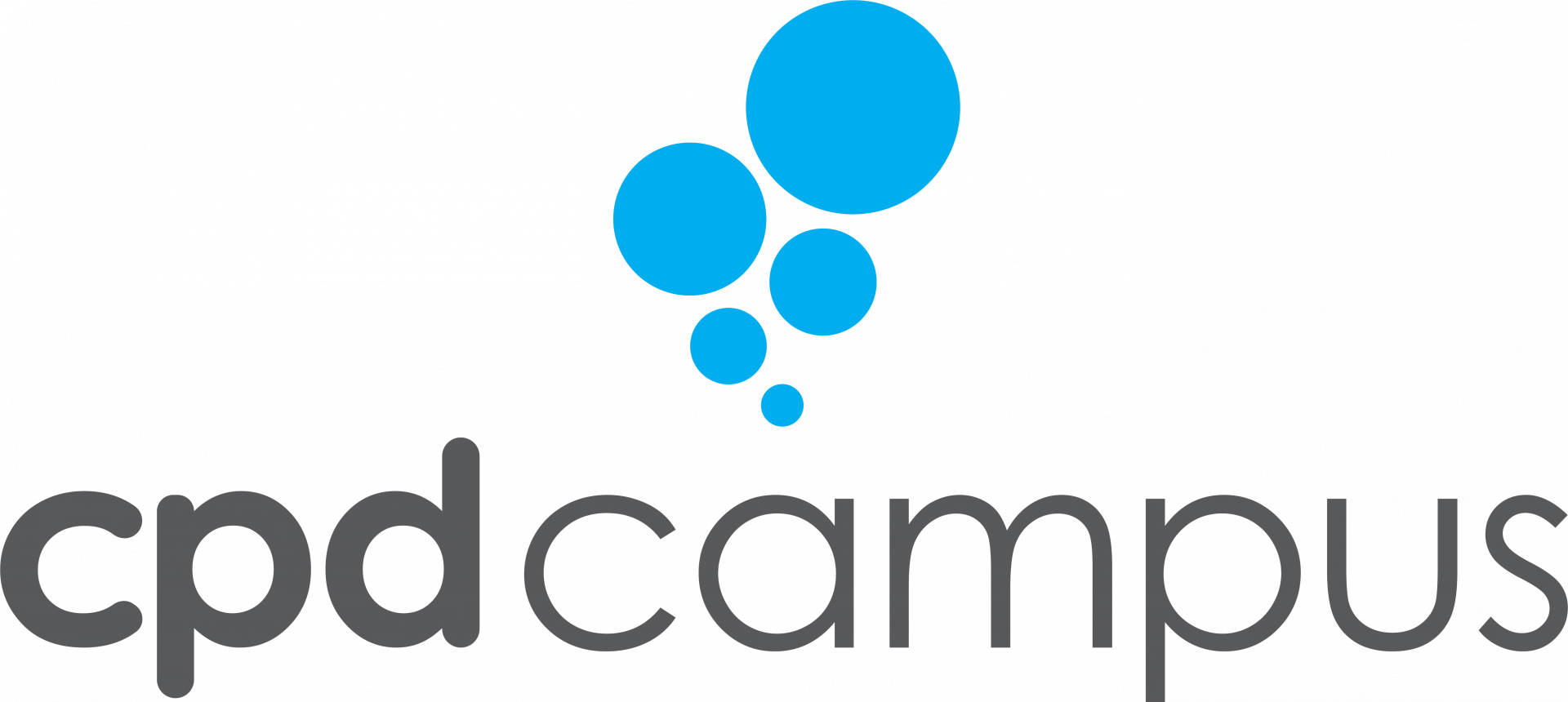How well do you manage your time? Do you feel overloaded most of the time? Do you often have to work additional hours to get your work done? Do your days seem to go from one crisis to the next, with you feeling as if you’re only putting out fires? Do you feel that you work more and more, but accomplish less and less?
Perhaps one (or more) of our 10 Time management tips can help you to increase your productivity and to get things done!
Tip 1: Boot fatigue and boost your energy
There is a direct relationship between how much energy we have and how much we get done. To boot fatigue and to boost your energy for optimal productivity and performance, ensure that you do the following:
Tip 2: Guard like a goalie
Goal setting is essential to managing your time well. Goals help you determine the destination that you are working towards. When you know where you want to go, you can manage your time and resources to get there. Goals can also help you clarify what's worth spending your time on, and what not.
Without goals, you may feel as if you are just going through the motion of every day, without ever getting anywhere.
Once you’ve clarified your goals, guard these like a professional goalie!
Tip 3: Plan like a pro
A to-do list lies at the heart of effective time and productivity management. If your goals are your destination, your to-do list is your map or navigation.
But there are some criteria for a to-do list to really work and to have a positive impact:
Tip 4: Prioritise, prioritise, prioritise
A criterion for effective to-do lists that warrants a tip of its own, is the importance of prioritising the items on your task list. You can assign priorities to your tasks by using a “1-2-3” system, an “A-B-C” system, a colour-coding system or any other system that would work for you. Then work in order of highest priority to lowest, to ensure that you get the most important things done every day.
Tip 5: Cuff your time thieves and dull your distractions
Time thieves are those things and people that steal little bits of our time. And we allow them to do so! This adds up over the course of each day to additional time that I then need to find in order to still achieve what I need to achieve. Identifying your time thieves and eliminating these (or reducing its impact) will be one of the best things that you can do to increase your productivity.
Remember: you may be one of your own time thieves! Distractions are those things and people that pull my focus away from what I’m busy with. As with time thieves, we allow this – and sometimes even invite this – into our lives. The ability to focus on the task at hand is crucial for your personal productivity. And we can only focus to the extent that we eliminate or reduce distractions.
Tip 6: Overcome over-complication and embrace simplicity
We’ve all heard the saying, “Work smarter, not harder”. Sometimes the way in which we work (our work processes, systems and habits) stand in our way of being more productive. We may go about our tasks in an unnecessarily long or complicated way. We may be reinventing the wheel when it’s not needed. Evaluate your way of working to determine if the secret to successful time management does not lie hidden within it.
Sometimes a complicated or cluttered work environment hampers our ability to manage our time. Clean, tidy and organised workplaces aid our productivity.
Tip 7: Beat procrastination and get things done
Procrastination is our tendency to put things off, or to delay or postpone things. The potential price that we pay for our procrastination comes in the form of:
Tip 8: Become a no ninja
If life came with a rewind button, what decisions would you go back and edit? Many of the decisions we wish we could reverse, involve times we said “Yes” when we should have said “No”. Most of us have far more opportunities or obligations than we have time. Even though we get better at discerning which opportunities to say “Yes” to, most of us still sometimes agree to projects or meetings and then instantly realise that we’ve made a mistake. A rewind button would be awesome!
Unfortunately, there is sometimes no rewind button. But we do have one very powerful tool in our kit to keep us out of these and other time-wasting situations. It’s the word “No”. Paulo Coelho famously said, “When you say ‘Yes’ to others, make sure you are not saying ‘No’ to yourself.”
Tip 9: Multitasking is a myth
Productivity through multitasking is a myth! Multitasking fragments our focus and attention. Study after study has shown that multitasking decreases our productivity and creativity. Of course, multitasking doesn’t feel slow. It actually feels fast, like we’re flying. That’s part of the reason we keep doing it. Research shows that multitaskers indeed work faster – but they produce less. The quality of the output typically suffers as well.
Tip 10: Don’t be a busy-junkie
Some people get a rush from being busy. The narrowly-met deadlines, the ping of the email notification, the queues of people and piles of files needing my attention, the frantic race from meeting to meeting, the sigh that I give when I say “I’m just so busy” ... What an adrenaline buzz! The problem is that an "addiction to busyness" rarely means that you're effective, and it can lead to destructive stress in your life. Instead: Try to slow down and focus on one thing at a time. Learn to manage your time and productivity better. Become more engaged in what you’re doing and who you are doing it with.
Remember: There is a big difference between being busy and being productive!
A last thought on the topic of time, and time management … The bad news is … time flies.
The good news is … you’re the pilot! (Michael Altshuler)
Perhaps one (or more) of our 10 Time management tips can help you to increase your productivity and to get things done!
Tip 1: Boot fatigue and boost your energy
There is a direct relationship between how much energy we have and how much we get done. To boot fatigue and to boost your energy for optimal productivity and performance, ensure that you do the following:
- Get enough sleep every night.
- Eat and drink healthily.
- Include a form of physical activity in your day.
- Maintain a positive state of mind.
- Minimise the time that you spend on things and people who drain and deplete your energy.
- Make time for those things and people who help your soul soar.
Tip 2: Guard like a goalie
Goal setting is essential to managing your time well. Goals help you determine the destination that you are working towards. When you know where you want to go, you can manage your time and resources to get there. Goals can also help you clarify what's worth spending your time on, and what not.
Without goals, you may feel as if you are just going through the motion of every day, without ever getting anywhere.
Once you’ve clarified your goals, guard these like a professional goalie!
Tip 3: Plan like a pro
A to-do list lies at the heart of effective time and productivity management. If your goals are your destination, your to-do list is your map or navigation.
But there are some criteria for a to-do list to really work and to have a positive impact:
- Be realistic about how much you can get done in a specific timeframe.
- No matter what method you use, specify your tasks in such a way that you can tick it off once completed.
- This will provide you with a sense of progress and accomplishment.
- Do at least daily and weekly planning.
- Do your daily planning last thing on the day before the day that you are planning for. In this way the information is still fresh in your mind, you get a sense of closure on your day and you avoid the possibility of not having time to plan at the start of the next day. The same goes for weekly planning: Do your planning for the next week, on the Friday afternoon of the previous week.
Tip 4: Prioritise, prioritise, prioritise
A criterion for effective to-do lists that warrants a tip of its own, is the importance of prioritising the items on your task list. You can assign priorities to your tasks by using a “1-2-3” system, an “A-B-C” system, a colour-coding system or any other system that would work for you. Then work in order of highest priority to lowest, to ensure that you get the most important things done every day.
Tip 5: Cuff your time thieves and dull your distractions
Time thieves are those things and people that steal little bits of our time. And we allow them to do so! This adds up over the course of each day to additional time that I then need to find in order to still achieve what I need to achieve. Identifying your time thieves and eliminating these (or reducing its impact) will be one of the best things that you can do to increase your productivity.
Remember: you may be one of your own time thieves! Distractions are those things and people that pull my focus away from what I’m busy with. As with time thieves, we allow this – and sometimes even invite this – into our lives. The ability to focus on the task at hand is crucial for your personal productivity. And we can only focus to the extent that we eliminate or reduce distractions.
Tip 6: Overcome over-complication and embrace simplicity
We’ve all heard the saying, “Work smarter, not harder”. Sometimes the way in which we work (our work processes, systems and habits) stand in our way of being more productive. We may go about our tasks in an unnecessarily long or complicated way. We may be reinventing the wheel when it’s not needed. Evaluate your way of working to determine if the secret to successful time management does not lie hidden within it.
Sometimes a complicated or cluttered work environment hampers our ability to manage our time. Clean, tidy and organised workplaces aid our productivity.
Tip 7: Beat procrastination and get things done
Procrastination is our tendency to put things off, or to delay or postpone things. The potential price that we pay for our procrastination comes in the form of:
- Increased stress levels
- Reduced quality in our outputs
- Harm to our relationships
- Not accomplishing our goals.
Tip 8: Become a no ninja
If life came with a rewind button, what decisions would you go back and edit? Many of the decisions we wish we could reverse, involve times we said “Yes” when we should have said “No”. Most of us have far more opportunities or obligations than we have time. Even though we get better at discerning which opportunities to say “Yes” to, most of us still sometimes agree to projects or meetings and then instantly realise that we’ve made a mistake. A rewind button would be awesome!
Unfortunately, there is sometimes no rewind button. But we do have one very powerful tool in our kit to keep us out of these and other time-wasting situations. It’s the word “No”. Paulo Coelho famously said, “When you say ‘Yes’ to others, make sure you are not saying ‘No’ to yourself.”
Tip 9: Multitasking is a myth
Productivity through multitasking is a myth! Multitasking fragments our focus and attention. Study after study has shown that multitasking decreases our productivity and creativity. Of course, multitasking doesn’t feel slow. It actually feels fast, like we’re flying. That’s part of the reason we keep doing it. Research shows that multitaskers indeed work faster – but they produce less. The quality of the output typically suffers as well.
Tip 10: Don’t be a busy-junkie
Some people get a rush from being busy. The narrowly-met deadlines, the ping of the email notification, the queues of people and piles of files needing my attention, the frantic race from meeting to meeting, the sigh that I give when I say “I’m just so busy” ... What an adrenaline buzz! The problem is that an "addiction to busyness" rarely means that you're effective, and it can lead to destructive stress in your life. Instead: Try to slow down and focus on one thing at a time. Learn to manage your time and productivity better. Become more engaged in what you’re doing and who you are doing it with.
Remember: There is a big difference between being busy and being productive!
A last thought on the topic of time, and time management … The bad news is … time flies.
The good news is … you’re the pilot! (Michael Altshuler)


